Maybe you’ve heard of it, perhaps you haven’t, or maybe you think you’re a UGC expert. Wherever you fall on the spectrum – there’s one thing we know for sure. UGC is valuable. And it won’t hurt – in fact, it will be incredibly helpful – to spend some time to improve your User-Generated Content strategy. So let’s get started.
Why is a User-Generated Content Strategy So Important?
Simply put, User-Generated Content is any type of digital content that has been created and published by users or fans of a brand or business. The key here is the content of any type, including images, videos, social media posts, reviews, or testimonials.
Let’s look at some familiar examples.
You’ve probably heard of Starbucks’ #RedCupContest. For several years, the coffee joint would encourage its fans to submit shots of their beverages in their holiday-themed cups for a chance to win a Starbucks gift card. It was all in promotion of their special holiday menu items, and it worked for the brand and the fans.
Starbucks has over 37K submissions from fans on Instagram featuring creative photos that can be used in the company’s own business promotion campaigns. To enter the contest, fans must purchase a holiday beverage. It’s a win-win.
Here’s another popular example. Ever seen a “Share a Coke” bottle? Each year, Coca-Cola replaces its iconic brand name with one of the most popular American names on its bottle label. Consumers are then encouraged to share the name of someone they care about, share it with their friend or family member, and then share it to social media using the hashtag #ShareaCoke.
People are selfish, and they want to see brands that cater to their wants and needs. UGC can help provide you with insight into the type of content your consumers crave. With this knowledge, your marketing materials will be better aligned with your customers.
The other reason UGC is so influential is that consumers trust other consumers before they trust you as a brand. Research tells us that 85% of consumers find UGC more influential than content from brands and are twice as likely to share UGC content with their family or friends.
Crowdtap’s CEO, Sean Foster, sums this all up nicely by stating, “Fundamentally our relationship with consumers is broken. It’s about empowering people to help you build a brand. It’s about people over advertising.”
5 Tips to Improve Your User-Generated Content Strategy
UGC helps brands tap into people and not advertise. That’s why it’s essential to focus on your User-Generated Content Strategy, determine what you’re doing right, and narrow in on the areas you can improve.
These five tips will guide you as you look to improve your UGC strategy.
1. Be Strategic About Your UGC Platform
The first step to any User-Generated Content Strategy or campaign is to determine your platform. You have to become an expert on your audience to understand the best place to look or ask, or even post UGC.
Let’s focus primarily on social media. There are six major platforms out there, but each one is radically different in its audience and user expectations. Below are Buffer’s general guidelines for each one. This should help you determine which platform might fit your ideal customer.
- Facebook: videos and curated content
- Instagram: High-resolution photos, quotes, stories
- Twitter: news, blog posts, and GIFs
- LinkedIn: Jobs, company news, and professional content
- Pinterest: Infographics and step-by-step photo guides
So what does this tell us? If your primary social media platform is LinkedIn, you probably shouldn’t be posting or asking for UGC content like photo contests or GIFs.
For Facebook, this strategy might look a whole lot different. Here you might consider running a video contest asking your audience to share a video of you using your product or service. Here are some other creative video ideas that would work well on Facebook:
- Tutorials – have a customer share a tutorial of your product or service.
- Video testimonials – have one of your loyal customers create a video about why they love your brand.
- Behind-the-scenes look – have your customers share a behind-the-scenes look of them using your product or service. Social proof is huge, and people love seeing proof from other people that a product works.
In addition to leveraging social media platforms like LinkedIn and Facebook, users can also tap into marketplaces to obtain user-generated content. Marketplaces provide a platform where businesses can connect with creators and influencers who specialize in producing content that aligns with their brand and target audience, offering a wider range of creative possibilities for UGC campaigns. By exploring marketplaces, businesses can access a diverse pool of content creators and collaborate with them to generate authentic and engaging user-generated content.
By being strategic about where you look for and post UGC content, you’ll be much more successful in achieving the engagement you’re looking for in your UGC campaigns.
2. Ask for What You Need
Honestly, the easiest way to get the UGC you want is to ask for it. You can spend hours searching social platforms for content that you can use. But isn’t it just easier to simply spell out to your customers what it is you’re looking for and encourage them to send it to you?
The benefit of asking for what you need is you can also be clear about usage rights. Though it might seem like any content using your brand should be a free game, recent legal disputes have shown that’s not quite the case.
Best practice for UGC includes always getting explicit permission from any user before reposting content as part of a campaign.
Here are some creative ways to help you ask your customers for UGC.
Ask for Contest Submissions
As we learned from Starbucks, contests are a great way to increase UGC submissions. Plus, they’ll improve the quality of your UGC. If you offer an enticing enough award, people will want to participate and do their best to create compelling content to win.
Here’s a quick checklist for running your own UGC contest:
- Have a clear goal: what type of content are you trying to encourage, or what are you trying to promote?
- Create a unique hashtag: we’ll dive into this a bit deeper later on, but it’s always important to include a relevant hashtag, especially when launching a contest.
- Have an enticing and relevant award: it’s important to make sure your prize is something your audience wants, but it’s equally important to make sure it’s relevant to your business. Remember, the goal of a contest is to attract people interested in your brand, product, or services.
- Have a clear timeframe: setting a deadline for your contest creates a sense of urgency and will encourage more submissions.
- Announce the winner: this is important, especially if you plan to hold future contests. People love recognition, and if they don’t get it, they’ll be less likely to participate in the future.
Ask Questions
Another easy and straightforward way to get the UGC you want is to simply ask questions. Think about thought-provoking questions relevant to your business and post them on the appropriate social channel.
The best practice here is to ask open-ended questions that require a couple of sentences to answer.
This will give you more content to work, with and more flexibility to pull relevant quotes. Consider giving your audience inspiration by also answering the question you ask. This will help steer your customers in the right direction.
Here are some questions to help get you started:
- What are your thoughts on [relevant topic]?
- What does [relevant topic] mean to you?
- What is your favorite [relevant topic]?
- How has [your product] made life easier?
- What do you think about [relevant news event in your industry]?
Once you get the conversation going and have a decent amount of responses, these answers can be turned into blog content, quotes on social media, or testimonials on your site.
3. Use the Power of Hashtags
One of the most powerful things about social media is hashtags. Yet, it can be so easy to overlook them. By branding your content with logo drove messaging or a fun and shareable label, you’ll generate more excitement while also making your user posts easier to find.
Hashtags help your posts and your UGC campaign get discovered. When someone posts an image or video, answers one of your questions and includes your relevant hashtag, their followers can then click on that hashtag and will be exposed to all the other submissions.
And just like that, you’ve used UGC to introduce a new prospect to your brand.
Here are some tips to help you create a perfect UGC hashtag:
Use a Hashtag Generator
There are quite a few tools out there that will automatically generate a hashtag. These can be helpful to spur ideas. Some sites we like to use our Hashtagify, All Hashtag, and Keyhole.
Research Your Audience or Your Competitors
You don’t always have to reinvent the wheel. Stealing ideas can oftentimes help you come up with the best and most effective phrases for hashtags. The key here is, of course, not to plagiarize. But use your audience and competitors as inspiration.
Browse Related Hashtags
Trends in your industry are another great place to find hashtag ideas. Simply type a hashtag idea you have into a search on your social media platform, and browse the related hashtags relevant to your business. This will not only give you hashtag ideas but could also help you brainstorm other content campaigns.
The other powerful thing about hashtags is they keep all your UGC content in one place. This is great for metrics and reporting. Easily track the success of your UGC campaign by monitoring your branded hashtag.
4. Support a Community Cause
Having a mission behind your UGC campaign will not only showcase your brand’s values, but it will also encourage more people to participate. Data shows that today’s consumer is often just as interested in the cause a company supports as its product or service price. In fact, 80% of Americans are likely to switch brands, if equal in price and quality, to one that supports a cause.
And when it comes to social media, posts with some sort of connection to corporate responsibility often perform much higher than other types of posts.
When selecting a cause to support, make sure it aligns somehow with your brand’s values. This will create a more authentic connection with your audience.
A recent example is Under Armour’s #RuntoVote campaign. The sports apparel company wanted to encourage young voters to get to the polls. So it launched the Map My Run Run to Vote challenge, where its audience was encouraged to log 11.3 miles between October 12 and Election Day to show that they voted.
Under Armour even took it a step further and encouraged runners to spell out “vote” on their routes and then share the screenshot of their route on social media using the #RuntoVote hashtag.
This is an excellent example of a brand supporting a cause they value, and supporting it in a way that aligns with their audience. Not only did they showcase their company ethics, but they also increased engagement and created a library of UGC that they can leverage in the future.
5. Set Goals and Measure Results
Of course, any great marketer knows that a campaign cannot be successful without defined goals and a plan to measure the results. UGC content is no different. Here are some common goals you might consider for your UGC campaigns:
Increasing Brand Engagement
This is a great starting point for any UGC strategy. With User-Generated content primarily leveraging social media, a natural result is an increase in engagement when done correctly.
Define your benchmarks before your campaign starts, so it will be easy to measure your results. You’ll need the right social media analytics tools to properly analyze your success. We’ve compiled some of our favorites in this guide.
Content Creation
Perhaps your team needs more social content. If this is your goal, you’ll want to spend some time hashing out what type of content you’re looking for and how you are going to get what you need.
Remember to track submissions so you have a better idea moving forward of what types of campaigns, contests, or questions give you the results you want.
Increasing Conversion Rates
If your goal is specifically aimed at increasing purchasing decisions for a particular product, oftentimes a great place to start with UGC is reviews, testimonials, and unboxing videos.
Determine what product you’re aiming to increase conversion rates for, and set a specific benchmark you’re trying to reach. Setting a timeframe is also important.
Remember the SMART goal model – specific, measurable, agreed upon, realistic, and time-based.
Building Trust
This can be a valuable benefit from UGC but can be hard to track and measure. Strategies that focus more on supporting a community cause can help establish that brand trust.
Measure the success of these efforts by tracking specific keywords or phrases associated with your campaign, then analyze whether people’s comments and feedback to these are positive or negative. Social listening tools, like HubSpot’s Social Inbox, can be extremely helpful with this.
Educating Your Audience
Another goal of UGC might simply be education. By monitoring and listening to common questions and concerns from your audience, you can come up with a list of some topics that might need to be addressed with a UGC campaign.
Monitor your success by analyzing if these questions are still being asked even after your campaign. This might prompt further action, such as creating a blog post or some sort of long-form content guide.
Wrapping Up
There’s no doubt there’s value in UGC. But its value comes from the foundation of putting the consumer’s wants, needs, and desires first. If your strategy is simply to sell more, your UGC campaign will fail.
The whole point of a UGC campaign is to develop trust and value to inspire your audience to share your brand with others. If done correctly, UGC will create a personalized experience for your customer to keep them coming back and influencing others.
Keep this fundamental objective in mind as you build your own User-Generated Content strategy, and you’ll be one step ahead of your competition.


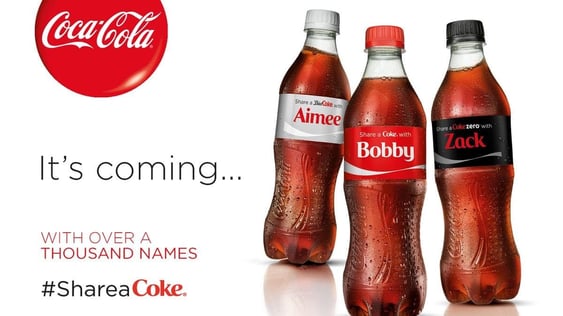
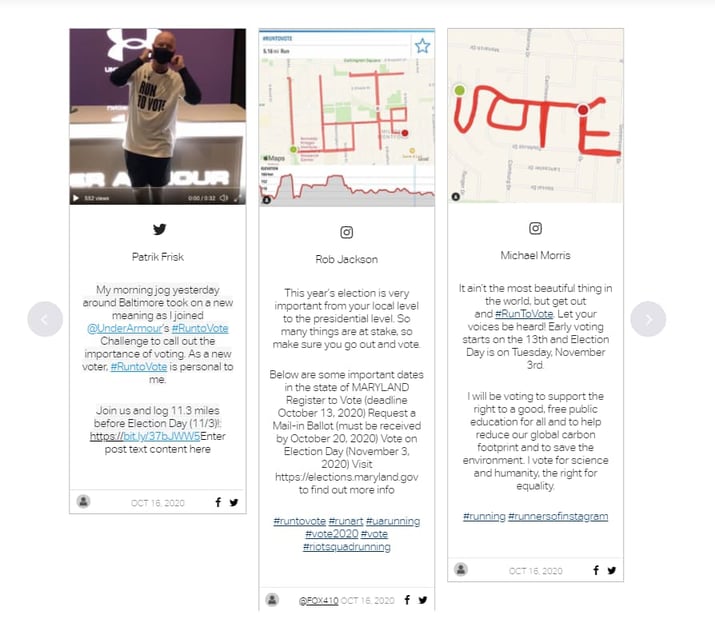
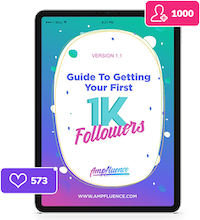

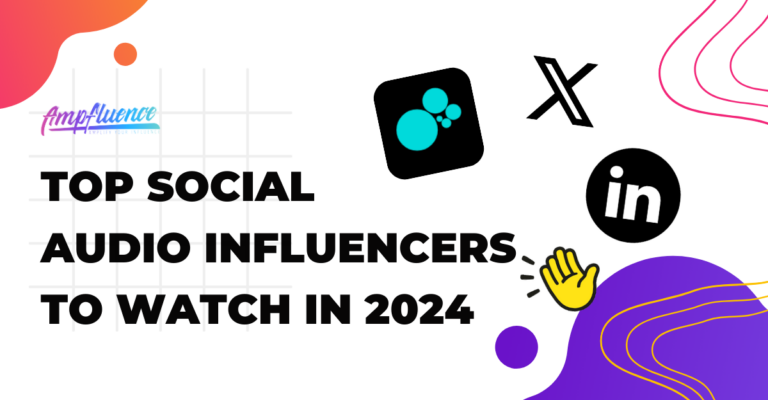
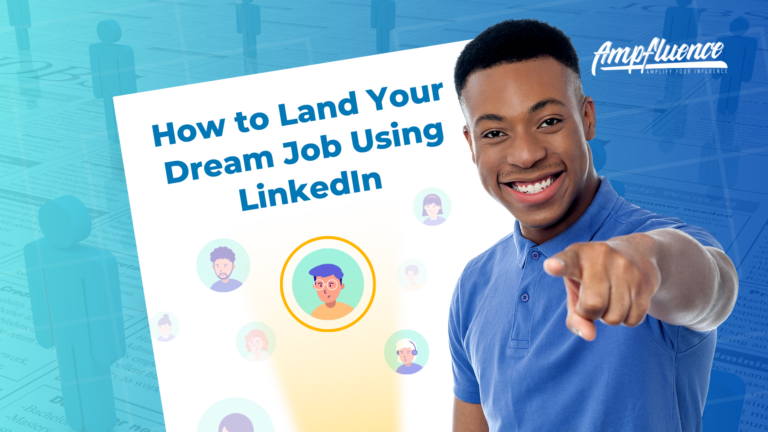
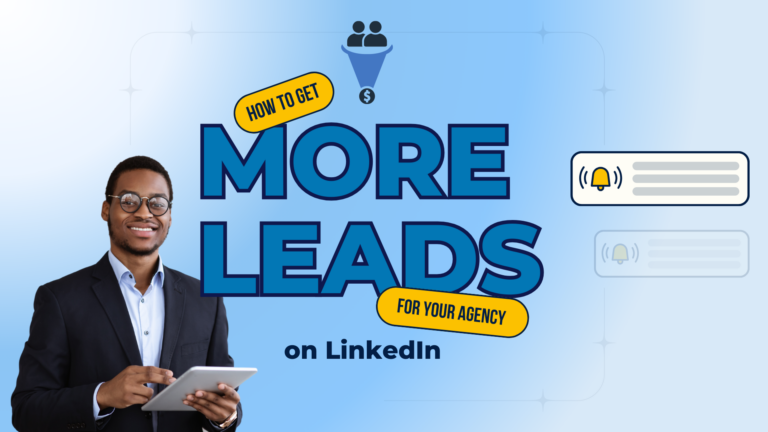
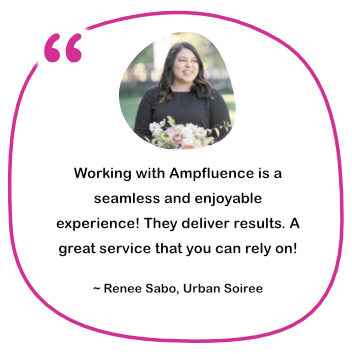

6 Responses
The first step is to identify your target audience and understand their preferences and interests.
Town Car Services in Scranton PA
BPC-157 therapy from Valhalla Vitality https://valhallavitality.com/blog/exploring-bpc-157-therapy-for-erectile-dysfunction rescued me from the depths of despair caused by erectile dysfunction. In no time, it reignited my confidence and intimacy, transforming my life for the better. If you’re facing similar struggles, BPC-157 therapy is the beacon of hope you’ve been searching for.
Here’s a great example of marketing plan for chiropractors, you could also use. First, prioritize online presence – from a sleek website to engaging social media profiles, visibility is key. Next, let’s harness the power of local SEO to ensure our practice shines bright in local searches. Additionally, don’t underestimate the impact of informative content through blogs or newsletters. Lastly, fostering strong relationships within the community through events or partnerships can truly set us apart.
Your blog is quickly becoming one of my favorites. cheapest panel
Good blog! When will the match take place? Fans are looking forward to returning flip bros online?
A strong user-generated content strategy keeps visitors engaged and builds trust. Encouraging reviews, community discussions, and interactive elements like poki games can make a big difference. The key is to keep content relevant and easy to share while maintaining quality.